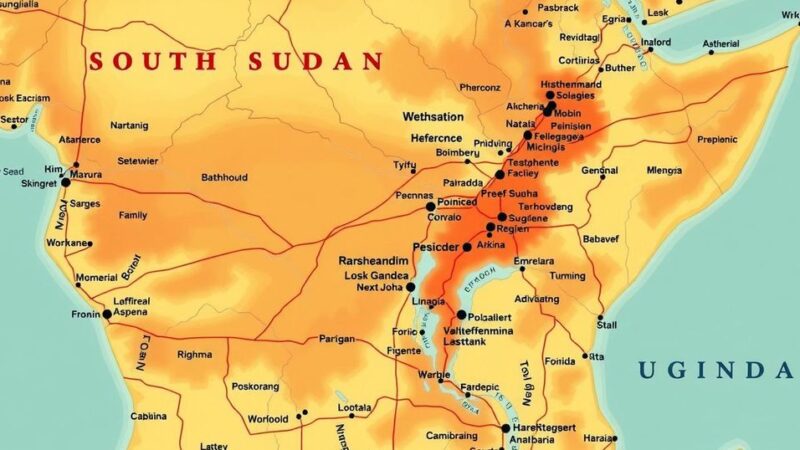The wine industry faces a crisis with global consumption at its lowest since 1996, particularly impacted by a 60% drop in China and a drastic decline in French consumption. Factors causing this decline include health trends, economic issues, and changing social behaviors. Concurrently, wine production is also decreasing, with substantial vineyard losses worldwide, emphasizing the need for industry adaptability in response to these challenges.
The global wine industry is currently facing a significant crisis, marked by a steep decline in both production and consumption. Recent statistics indicate that worldwide wine consumption has plummeted to its lowest levels since 1996, with China experiencing a staggering 60 percent drop over the past five years. French wine drinkers, traditionally among the highest consumers, have drastically reduced their consumption by over 80 percent since 1945. This decline has prompted serious concerns from industry experts, such as Jean-Pierre Durand from the Conseil Interprofessionnel du Vin de Bordeaux, who noted the generational shrinkage in wine consumption.
A multitude of factors contribute to this alarming trend, many of which show little sign of improvement in the near future. Notable influences include a rising trend of social sobriety driven by health and wellness considerations, a preference for quality over quantity in beverages, and a noticeable shift towards cocktails instead of traditional wines. Furthermore, the influence of social media platforms, particularly among Generation Z, has led to a diminished interest in alcoholic beverages, compounded by the impacts of the COVID-19 pandemic, which resulted in fewer social gatherings and experiences necessitating drinks. Financial concerns also play a substantial role, as illustrated by accounts from consumers who find current alcohol prices prohibitive.
The challenges facing the wine industry extend beyond consumption, as production levels are concurrently declining. According to the International Organisation of Vine and Wine (OIV), vineyards worldwide have experienced substantial losses, with hundreds of thousands of hectares disappearing in recent years. This dual crisis of declining production and consumption presents a troubling scenario for the global wine sector, raising questions about its future viability.
In light of these developments, it is crucial for stakeholders within the wine industry to reevaluate their strategies and adapt to the evolving market landscape, fostering innovative approaches that align with shifting consumer preferences and economic realities.
The current landscape of the wine industry is undoubtedly precarious, with indications that the ongoing crisis may deeply impact its future trajectory, prompting a need for urgent strategic reassessments among industry players.
The wine industry is experiencing a crisis characterized by a notable collapse in global consumption and a significant drop in production. Various factors contribute to this situation, including changing consumer attitudes towards alcohol, economic constraints, and emerging health and wellness trends. The declining consumption of wine, particularly in major markets such as China and France, poses existential threats to the industry, which is further compounded by substantial losses in vineyard acreage. This context reveals the intricate interplay of forces reshaping the global wine market.
In summary, the global wine industry is grappling with an alarming crisis characterized by declining consumption and production. Key factors contributing to this crisis include changing consumer preferences towards health and moderation, economic hardships, and diminished social gatherings due to the pandemic. Industry experts and stakeholders must adapt to these evolving trends to navigate the precarious future of the wine sector effectively.
Original Source: www.scmp.com






